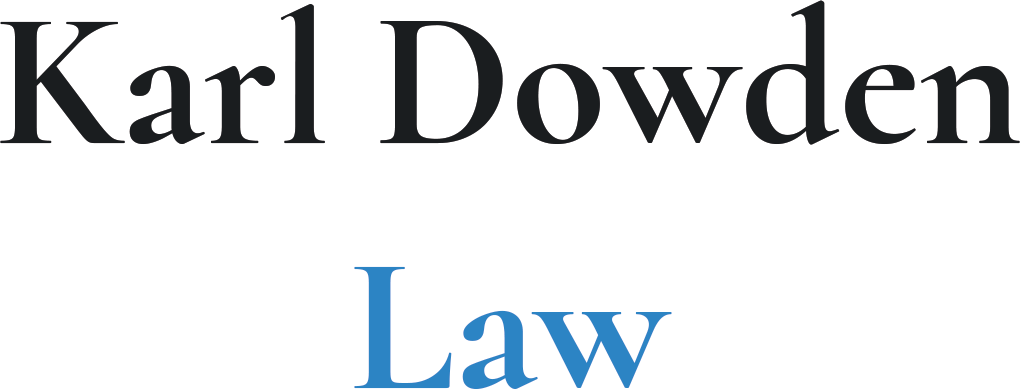A Housing Development Fund Corporation, also known as an HDFC, is a co-operative in New York City that receives property tax exemptions and government subsidies (the exact amount of which varies from HDFC to HDFC) in exchange for agreements to certain restrictions on the unit owners. An example of the government subsidies that may be provided include government loans to the HDFC to perform improvements to the building.
The restrictions on HDFCs involve income caps on potential purchasers of a unit. The income cap may be based on the area median income (AMI) where the HDFC is located or it may be based on a formula which takes into account the monthly maintenance and utilities. There are also restrictions on the ability for a unit owner to sublet the unit. When a unit owner decides to sell their unit, the sale is typically subject to a “flip tax”. The flip tax divides the sales profit between the unit owner, the Board and sometimes New York City. The exact amount of the flip tax can vary based on the HDFC and how long a unit owner owned the unit before electing to sell.
HDFCs are relatively uncommon so it’s recommended to act fast if you find one that is listed for sale and fits your criteria.
More information about HDFCs can be found on New York City’s website.
